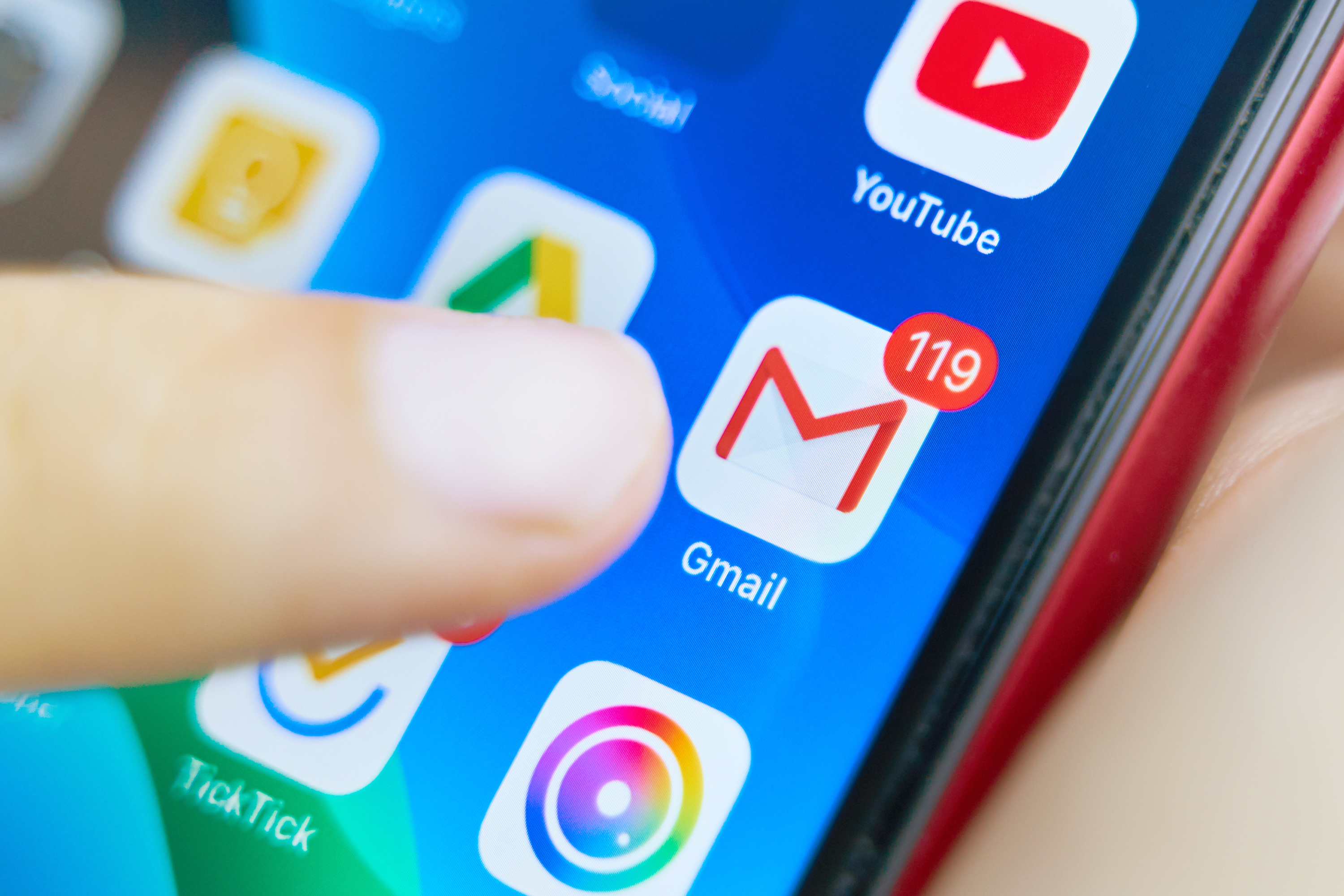Google says claims of Gmail security warning are 'false' — here's the latest
Google's recent Salesforce breach did not affect any Gmail users

Here at Tom’s Guide our expert editors are committed to bringing you the best news, reviews and guides to help you stay informed and ahead of the curve!
You are now subscribed
Your newsletter sign-up was successful
Want to add more newsletters?
Join the club
Get full access to premium articles, exclusive features and a growing list of member rewards.
Google has denied last week’s reports that it sent out a warning to users to change their passwords after a security issue that had supposedly affected all 2.5 million Gmail users. A recent blog post stated that the company wants “to reassure our users that Gmail’s protections are strong and effective” to reject the misinformation about claims that the email service had been breached or hacked.
The blog post went on to say: “Several inaccurate claims surfaced recently that incorrectly stated that we issued a broad warning to all Gmail users about a major Gmail security issue. This is entirely false.” The company did not specify how the claims surfaced; however, they appear to be tied to the recent ShinyHunters breach of the Salesforce database, which handles small and medium business data.
The 2.5 million number that was being shared in many outlets is the number of the entire Gmail user base; as such, all Gmail users would have received a notification indicating that they should have reset or updated their passwords; however, many users did not report receiving any such contact from Google. However, some media outlets did encourage Gmail users to update their passwords in the aftermath of the Salesforce breach.
Google did mention in its blog post that phishing is a risk for all email users, and that it is something that the company does have protections in place for to protect users 99.9% of the time from potential phishing or malware attempts. Additionally, around the same time, there have been vishing attempts from threat actors capitalizing on the breach by attempting to trick users into resetting their passwords over the phone by calling them and tricking them into falling for scams by convincing them into thinking their accounts had been compromised.
It is important to always protect your account with a strong, unique password that uses both upper and lowercase letters as well as numbers and unique characters. It’s best to use a complete phrase instead of a simple word for a password and, if you don’t already, use one of the best password managers to handle the passwords for all your accounts. Whenever possible, consider switching to passkeys as well – they use biometric authentication like facial recognition or fingerprints to unlock an account, which makes them even more secure than a standard password.
Follow Tom's Guide on Google News to get our up-to-date news, how-tos, and reviews in your feeds. Make sure to click the Follow button.
More from Tom's Guide
- What to do if your email has been hacked
- More than 4 million people exposed in TransUnion data breach – what you need to know
- Over Half a Million Hit in Major Healthcare Data Breach With SSNs, Financial Info and More Exposed — What to Do Now
Get instant access to breaking news, the hottest reviews, great deals and helpful tips.

Amber Bouman is the senior security editor at Tom's Guide where she writes about antivirus software, home security, identity theft and more. She has long had an interest in personal security, both online and off, and also has an appreciation for martial arts and edged weapons. With over two decades of experience working in tech journalism, Amber has written for a number of publications including PC World, Maximum PC, Tech Hive, and Engadget covering everything from smartphones to smart breast pumps.
You must confirm your public display name before commenting
Please logout and then login again, you will then be prompted to enter your display name.
 Club Benefits
Club Benefits










